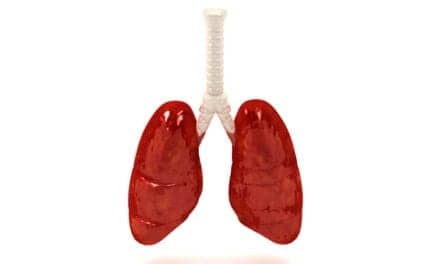When two channels that are supposed to move chloride and sodium ions out of cells in the lungs fail to function properly, it leads to the mucus buildup seen in cystic fibrosis.
Japanese researchers have discovered that the channel dysfunctions also reduce the amount of zinc ions going into the lungs, further contributing to the thick mucus accumulation.
Their study, published in the journal EBioMedicine, is titled “Zinc Deficiency via a Splice Switch in Zinc Importer ZIP2/SLC39A2 Causes Cystic Fibrosis-Associated MUC5AC Hypersecretion in Airway Epithelial Cells.”
The Kumamoto University research dealt with the CFTR and ENaC channels. A malfunctioning CFTR channel fails to deliver enough chloride ions to the lungs. Meanwhile, a hyperactive ENaC channel leads to the delivery of too many sodium ions. Both malfunctions contribute to the mucus buildup.










